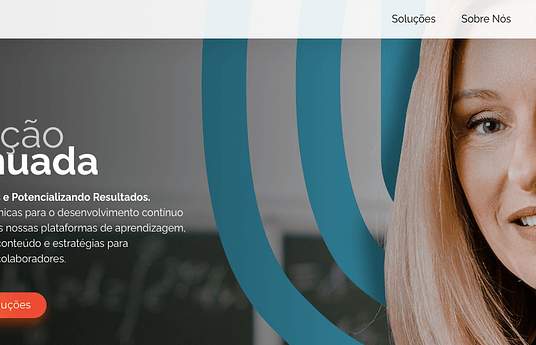30 years ago, Mary Gordon catalyzed a crucial insight, that the absence of empathy is the common thread of power abuse, be it bullying in childhood, violence at home, bullying in the workplace, or on the world stage. This revelation gave birth to the Roots of Empathy program, a positive disruptive innovation in education that supports the mental health and wellbeing of elementary school children.
Children in Roots of Empathy( ROE) classrooms are coached to connect with the vulnerability and humanity of a tiny baby who visits during the school year with their parent, along with an ROE Instructor using a gold-standard curriculum. The Instructor coaches students to observe and recognize the baby's feelings and reflect on when they felt similar emotions. They are further coached to read the emotional cues of classmates, allowing them to understand others better and make friends. This ‘emotional literacy’ makes children more likely to understand their own feelings and the feelings of others (empathy) and therefore less likely to hurt each other through bullying and other cruelties. If childhood aggression is unchecked, it can be a gateway to poor mental health and violence. Research spanning 2 decades consistently demonstrates the program's ability to reduce aggression and bullying in children. Moreover, it instills lasting pro-social behaviours such as kindness and inclusiveness.
Cultural responsiveness:
Available for 4 age levels and in 7 languages, ROE values diversity, integrates many perspectives, and collaborates with Indigenous people.
Best practice training: ROE ensures Instructors are qualified & supported by receiving a 4-day training with mentoring and professional development.
Evaluation: Impact measured through academic research and Annual Program Evaluations that survey participants.
Growing the movement: Founder Mary Gordon inspires empathic policy and action through important presentations around the globe (e.g. being on C20 Education and Digital Transformation panels, a contributor to the G20).
2 year goal: The pandemic impacted children’s mental health & wellbeing, as well as their teachers’. Our goal: Bringing the ROE program to more children
Contact us at international@rootsofempathy.org to get more information on what is required to bring Roots of Empathy to your community/country.



